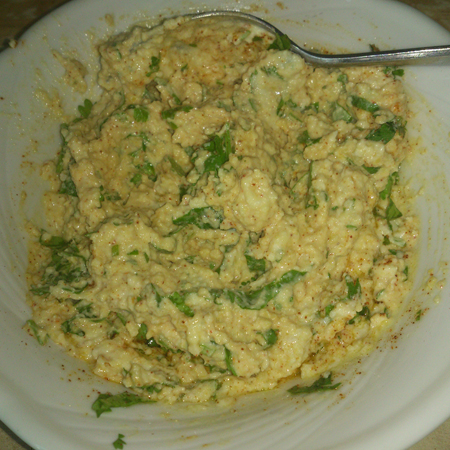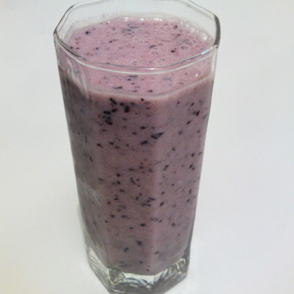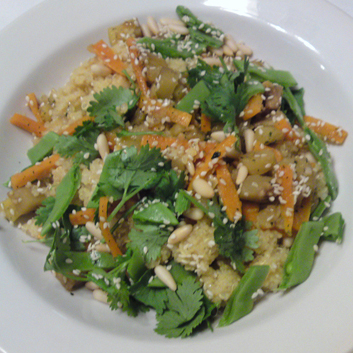Grape seed

Important grape seed facts
Grapes have been used as medicine for thousands of years and red wine has been shown to have many beneficial effects. It is now thought that the seeds of the red grapes (together with the skin) are the parts of the grapes which have the most potent antioxidant and health benefits.
Grape seeds are rich in procyanidins, which are are potent free radical scavengers and a special class of water-soluble bioflavonoids.
Grape seeds contain compounds called procyanidolic oligomers (PCOs), which are powerful antioxidants (maybe even more so than vitamin C and vitamin E). PCOs inhibit a number of enzymes that cause degeneration and ageing to the body. PCOs are also found in berries, green and black tea, red grapes and red wine.
- PCOs are key ingredients in one of the drugs most frequently prescribed for blood vessel disorders in western Europe
- Grape seed extract is both water and oil soluble, so it can penetrate through cell membranes
- Grape seed extract can cross the blood-brain barrier, so it has the potential to protect the brain from free radical damage
- Grape seed blocks the release of two chemicals in the body that cause a variety of instigates allergy symptom and inflammation - histamine and prostaglandins
Grape seed and health
- Allergy, hay fever, asthma - grape seed stabilises mast cells and inhibits both the production and release of histamine as well as other chemicals that create allergy and inflammation within the body so may help with conditions such as allergies, hay fever, asthma and sinusitis
- Blood pressure - one prominent study has recently shown that grape seed extract lowered blood pressure in people with metabolic syndrome. More research needs to be done in this area
- Capillaries - grape seed strengthens weak or fragile capillaries and increases blood flow into the extremities in particular, so helps to alleviate varicose veins and any leg cramps that may be associated with poor vascular function in the extremities
- Eye health - since grape seed strengthens all types of blood vessels, it is also beneficial in the increase blood circulation in the eyes. It is recommended for people with macular degeneration and cataracts and even those with eyestrain. One study showed that taking 300mg of grape seed extract for 60 days reduced eyestrain from computer work and improved contrast vision
People who wish to take an acidophilus supplement should talk to a medical professional BEFORE taking it.
Grape seed recommended intake
Dosage of grape seed depends on the condition that is being treated. A medical doctor and/or alternative health care provider can advise on individual cases - this information is provided as a guide only:
| Lifestage | Age | Amount (per day) |
|---|---|---|
| INFANTS | 0-12mths | Not recommended |
| CHILDREN | 1-8yrs | Seek medical advice before taking it |
| CHILDREN | 9-18yrs |
eek medical advice before taking it |
| ADULTS | 19-50yrs |
Antioxidant Protection 100mg daily Therapeutic Benefits 200mg daily |
| SENIORS | 51+yrs | Antioxidant Protection 100mg daily Therapeutic Benefits 200mg daily |
| PREGNANT | Not recommended | |
| LACTATING | Not recommended |
Advertisement
Types of grape seed supplements
Grape seed is only found in the one food - grapes! Especially red and purple grapes. Grape seed supplementation is available in the following ways:
- Oral liquid - the active components are extracted
- Natural seeds in grapes - the seeds (or "pips") in grapes can be eaten to get the benefits
Grape seed supplementation checklist
- Choose supplements that are standardised to contain 92%-95% PCOs
- Only 30% of grape seed's active components remain in the body, so it is important to take supplements at the same time each day
- Find a supplement with other antioxidants as these will propagate and promote the health benefits further
Grape seed works best with
Overdosage, toxicity and cautions for grape seed
There are no known overdosage or toxicity effects and no known interactions of medications with grape seeds.
Advertisement
References
- Agarwal C, Sharma Y, Agarwal R. A Polyphenolic Fraction from Grape Seeds Causes Irreversible Growth Inhibition of Breast Carcinoma MDA-MB468 Cells by Inhibiting Mitogen-activated Protein Kinases Activation and Inducing G1 Arrest and Differentiation. Clinical Cancer Research July 2000. Vol 6, 2921-2930
- Bagchi D, et al. Cellular Potection with proanthocyanidins derived from grape seeds. Annal of the New York Academy Sciences, 2002. 957; 260-270
- Clifton, PM. J Biomed Biotechnol. Effect of Grape Seed Extract and Quercetin on Cardiovascular and Endothelial Parameters in High-Risk Subjects. 2004; 2004(5): 272–278. 15 June 2004
- Khann S, et al. Dermal wound healing properties of redox-active grape seed proanthocyanidins. Free Radical Biology & Medicine 2002. 33 (8); 1089-1096
- Nuttall SL, Kendall MJ, Bombardelli E, Morazzoni P. An evaluation of the antioxidant activity of a standardized grape seed extract. Journal of Clinical Pharmacy and Therapeutics, Vol. 23 Issue 5 Page 385 October 1998
- Sato M, Maulik G, Ray PS, Bagchi D, Das DK. Cardioprotective Effects of Grape Seed Proanthocyanidin Against Ischemic Reperfusion Injury. Journal of Mollecular and Cellular Cardiology, June 1999. 31 (6); 1289-1297
- Stein JH, Keevil JG, Wiebe DA, Aeschlimann S, Folts JD. Purple grape juice improves endothelial function and reduces the susceptibility of LDL cholesterol to oxidation in patients with coronary artery disease. Circulation. 1999;100(10):1050-1055
Last reviewed 21 April 2019

 Basics recipes
Basics recipes Breakfast recipes
Breakfast recipes Dessert recipes
Dessert recipes Dinner recipes
Dinner recipes Lunch recipes
Lunch recipes Snacks recipes
Snacks recipes



